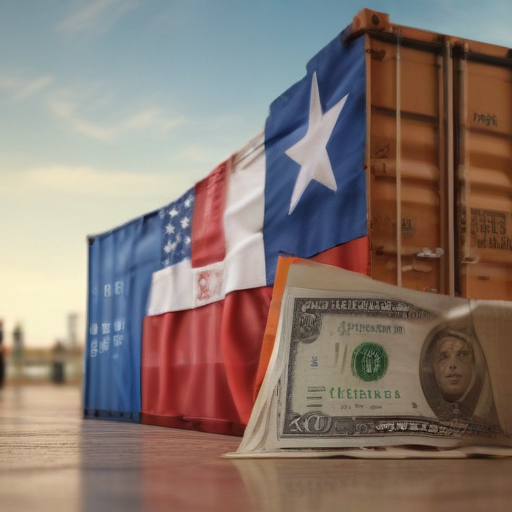Texas heavily relies on Mexico and Canada for its exports, with these countries being its leading markets. Recent discussions from President Donald Trump’s administration about imposing up to 25% tariffs on goods from these nations have raised concerns among local business leaders, particularly those in the Houston area.
Daniel Allford, the president of ARC Specialties, a robotics manufacturer, expressed his anxiety over the potential tariffs, highlighting that nearly all of his business is export-dependent, primarily with Mexico and Canada. Allford remarked, “As long as tariffs are used as a negotiating tool and not as a financial tool, I’m all in.” However, he is cautious about the longer-term ramifications, stating that once tariffs are enacted, it is the citizens of both countries who ultimately suffer the consequences.
With Mexico being Texas’ largest export market and Canada the second, there is a growing fear that retaliatory measures could exacerbate the situation and harm Texas’s economy more than benefit it. Allford hopes that Trump’s threat may merely be a negotiating tactic rather than an impending reality, fearing a back-and-forth in tariffs which would leave everyday citizens at a loss.
He referenced historical precedents, such as the “chicken tax,” which was a response to tariffs on American chicken by European countries. This tax led to higher prices on pickup trucks due to longstanding tariffs, costing consumers significantly. Allford’s insights encapsulate the potential repercussions tariffs could have on both the economy and consumers across the border.
The commentary suggests a pressing need for careful trade negotiations to avoid detrimental impacts on local economies and consumers. Despite the current uncertainty, business leaders like Allford remain hopeful for a resolution that protects the interests of citizens while facilitating fair trade practices.
